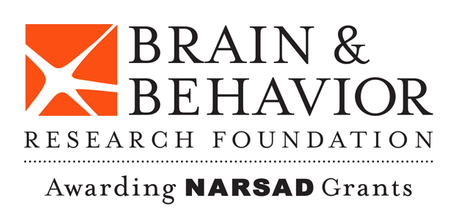Coming Out of the Dark – My Social Awakening
Dark is nothing more than the absence of light. There is only light and the absence of it. When I was sick, depression turned off the light of my soul; I lay in bed for days apathetic, without joy, without love, nothing. Like darkness, the only way to come out of it is by introducing light.
It was 6 months before I came to terms with my depression. I questioned everything about my illness including the cause(s), the doctors, the diagnoses, my friends, my family, my sanity, and even God. One day a good friend came to visit, it was the first clue I was given to the power of truth and awareness. I didn’t notice it at first, but my husband told me after she left he had seen some happiness and hope in me that wasn’t there beforehand. I broke down when I realized that admitting to my illness and sharing my feelings with someone other than my husband, was illuminating to my soul. Randy (my husband) had been with me through it all, I didn’t have to say a word for him to know what I was going through and felt. I realized telling anyone outside my immediate “bubble” about my depression was a form of therapy, a way of shining a light on a subject hidden in the darkness.
I spent countless hours on the internet, looking for others who were experiencing or had experienced what I was feeling. I wanted to know what they were doing to help fight their depression and how they were coping? What did others do to finally snap out of it? Had anyone done so naturally, without prescription medication? Unfortunately, I spent most of my time reading first-hand accounts by people who couldn’t pinpoint what helped them. A lot of people use the try anything, do everything approach to therapy, incorporating in their lives as many “remedies” as they can, changing them out from day to day or week to week, depending on the circumstances, without any real evidence or logic behind their decisions. There are those who despite any scientific evidence or personal experience, choose to pursue treatments “suggested” by a friend, acquaintance, family member, or other, that have little to no effect on them. I’m guilty of doing this myself. When someone is desperate for answers and/or a cure from depression, the mere suggestion by someone you know or even a stranger on the internet, that there’s something that will help is cause enough to try it.
Social interaction does wonders for your mental state and your confidence. It is its own form of therapy especially when it involves talking about your emotions and experiences. At first, I was only comfortable talking with close friends and relatives about my depression, but it became apparent that the more I talked about it, the better it made me feel. I also realized that there are a lot more people who have suffered or who are suffering from depression and mental illness than we think. Time after time, when sharing my personal experience with someone, they would feel comfortable sharing their own struggles or those of a family member, friend, or loved one. Like me, they felt ashamed and embarrassed that they or someone they knew was depressed. However, the more I shared my story the better I felt.
My healing involved a lot more than just sharing my experience and feelings with other people, but it was a crucial piece of the puzzle. I wanted to stay home, away from people and their judgment, but I knew that it wasn’t helping me heal. Getting out and shining a light on a topic that society sees as a stigma is what ultimately helps you get better. We must be the voice of those who can’t express what they’re going through, who aren’t ready to do so, or who have paid the ultimate price of it.











